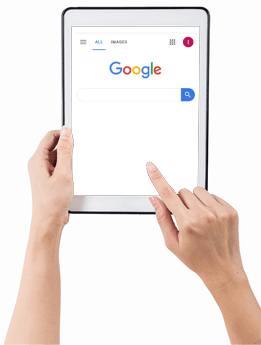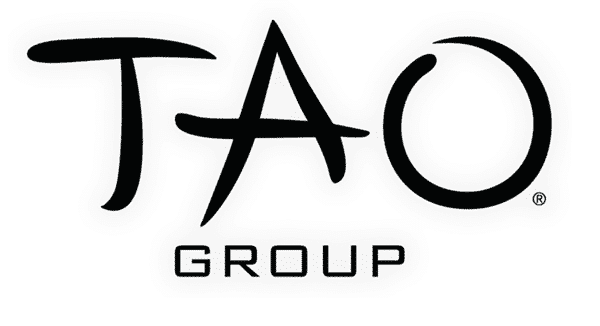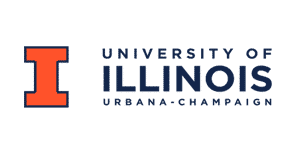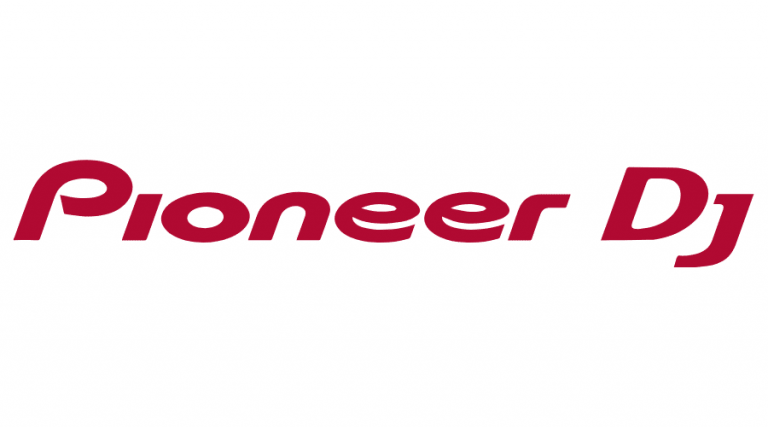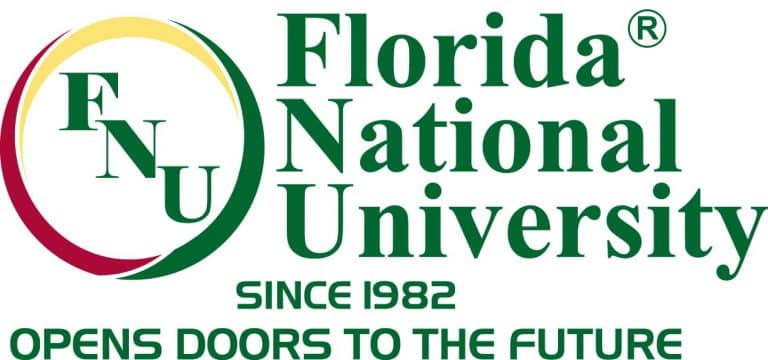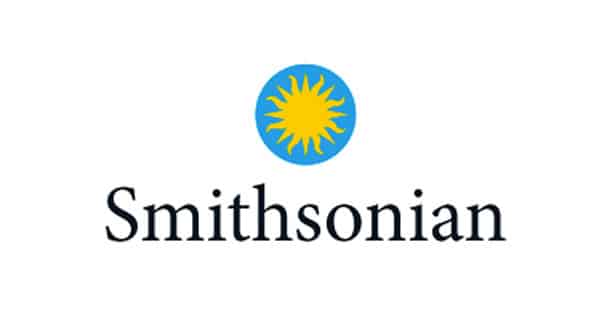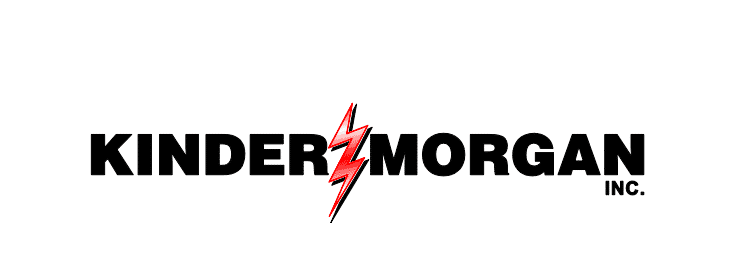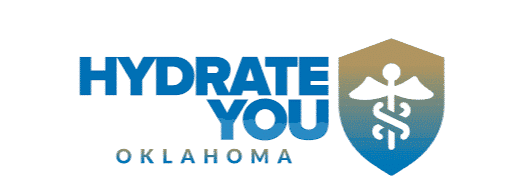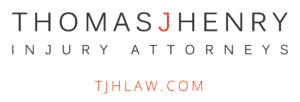In the ever-evolving world of digital advertising, striking the perfect balance between human expertise and machine learning can feel like walking a tightrope. But what if we told you that synergy between the two is the key to PPC campaign success? In this blog post, we’ll explore the importance of balancing automated PPC bids with human input, and how doing so can help you reach new heights in advertising performance. We’ll also discuss “automating your PPC bids when to trust the machines” and how it plays a crucial role in achieving this balance.
Key Takeaways
PPC automation leverages machine learning to optimize campaigns, requiring human expertise for successful implementation.
Reliable conversion data and clear business goals are essential for automated bidding strategies.
Combining human expertise with machine automation can lead to improved PPC campaign performance.
Understanding PPC Automation: The Basics
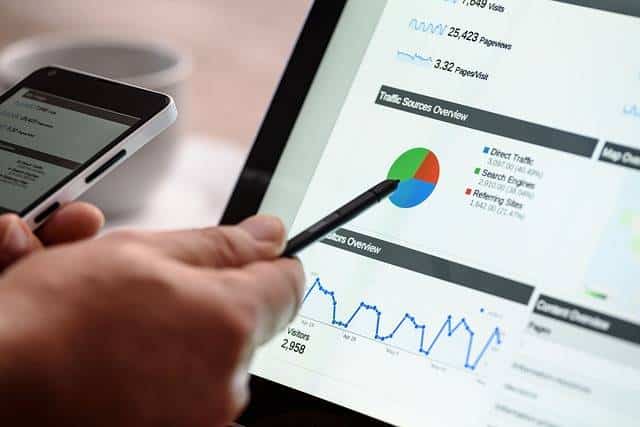
PPC automation, which harnesses technology to manage and optimize pay-per-click advertising campaigns, has revolutionized the advertising landscape. It streamlines time and resources to significantly enhance performance, offering numerous benefits to marketers.
However, we shouldn’t overlook the pivotal role of human expertise in automated bidding, a topic we’ll discuss further.
What is PPC Automation?
PPC automation, also known as Google Ads automation, leverages algorithms and machine learning to administer and enhance PPC campaigns. This advanced approach offers a powerful alternative to manual bidding, enabling advertisers to save time and resources while benefiting from more accurate and efficient campaign optimization. PPC automation, which employs automated rules and scripts to regulate bids based on factors like conversion data and budget, aids in driving leads and maximizing return on investment.
Responsive ads and automated audiences are just a few examples of sophisticated tools at the disposal of digital marketers in the realm of PPC automation. So, how does this technology function? Let’s explore.
How Does PPC Automation Work?
PPC automation operates by evaluating vast amounts of data, predicting outcomes, and modifying bids, targeting, and creatives to meet campaign objectives. This process is made possible by the power of machine learning, which allows automation algorithms to adapt to changing patterns and trends in real-time.
Bid adjustments, for example, are a tool used in PPC advertising to allocate budget towards or away from specific prospects. By automating this process, advertisers can achieve greater efficiency and effectiveness, ultimately driving better results for their campaigns.
When to Trust Automated Bidding Strategies
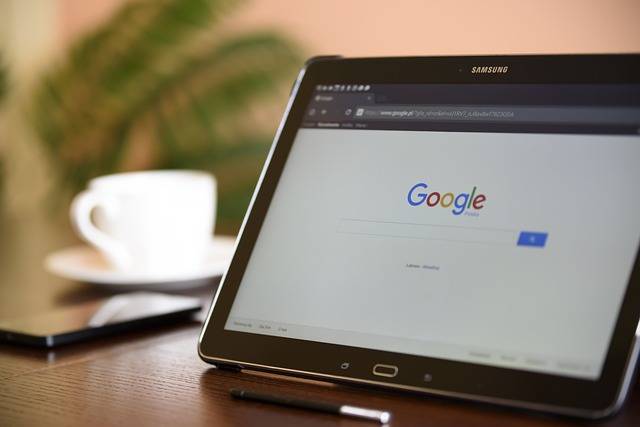
So, when is it appropriate to rely on automated bidding strategies? It hinges on possessing dependable conversion data, well-defined business goals, and ample campaign data. These elements are crucial for making accurate predictions and adjustments, empowering your automated bidding strategy to drive optimal results.
We’ll delve further into each of these elements to comprehend their significance in the realm of automated bidding.
Reliable Conversion Data
Reliable conversion data, including conversion value, is the cornerstone of automated bidding success. This data consists of metrics such as:
Clicks
Impressions
Cost per click
Conversions
These metrics are collected from a website or app to measure the success of a PPC campaign. Dependable conversion data is critical for automated bidding strategies to make precise forecasts and modifications, ensuring that your campaigns are optimized and effective.
Without reliable data, automated bidding strategies are unable to accurately assess the success of a PPC campaign and make the necessary modifications. This can lead to suboptimal results and wasted advertising spend. Thus, investing in precise conversion tracking is vital to power up your automated bidding strategy.
Clear Business Goals
Having clear business goals is another essential factor when trusting automated bidding strategies. These goals provide guidance for your campaigns, helping to optimize them for the desired outcomes. By establishing specific business objectives, you can focus your efforts and resources on the most important goals, while also facilitating the monitoring of progress and assessment of success.
To establish clear business goals, it’s vital to evaluate your overarching objectives and segment them into achievable targets. Evaluating the resources available and the timeline for achieving your goals will also play a crucial role in setting realistic and actionable targets.
Sufficient Campaign Data
Sufficient campaign data is another important factor to consider when trusting automated bidding strategies. This data allows machine learning algorithms to learn and adjust to varying patterns and trends, ultimately driving better results for your campaigns.
When deploying an automated bidding strategy for the first time, it’s important to supply the algorithm with ample historical data, such as CPA and ROAS data from the preceding month. Also, avoid making any changes until the program completes its initial learning phase. This ensures that the algorithm has enough information to make informed decisions and optimize your campaigns effectively.
Pros and Cons of Automated Bidding

Automated bidding comes with its own set of advantages and disadvantages. On one hand, it offers benefits such as time savings, resource optimization, and improved performance. On the other hand, potential drawbacks include overreliance on machines and loss of human expertise. Striking the right balance between the two is key to attaining optimum results with an automated bid strategy, as well as other automated bid strategies.
We’ll examine the advantages and disadvantages of automated bidding to better understand how to optimize the use of this potent tool while reducing potential risks.
Benefits of Automated Bidding
The benefits of automated bidding are numerous. Here are some of them:
Streamlining the bidding process
Saving time for advertisers to focus on other aspects of their campaigns
Increased efficiency leading to better results
Higher returns on investment
Resource optimization is another significant advantage of automated bidding. By leveraging advanced machine learning algorithms to make timely adjustments based on real-time data, automated bidding can optimize resources and streamline marketing efforts, ultimately driving better performance for your PPC campaigns.
Potential Drawbacks
Despite its many advantages, automated bidding is not without its potential drawbacks. One key concern is the over-dependence on machines, which can result in a lack of control over individual bid adjustments and a restricted view of the broader context, potentially yielding unsatisfactory outcomes.
Another potential pitfall is the loss of human expertise, which is essential for understanding the market, making decisions based on intuition, and adjusting to sudden market fluctuations. To mitigate these risks, it’s vital to strike a balance between human expertise and machine learning, ensuring that your campaigns are guided by both data-driven insights and human intuition.
Choosing the Right Automated Bidding Strategy
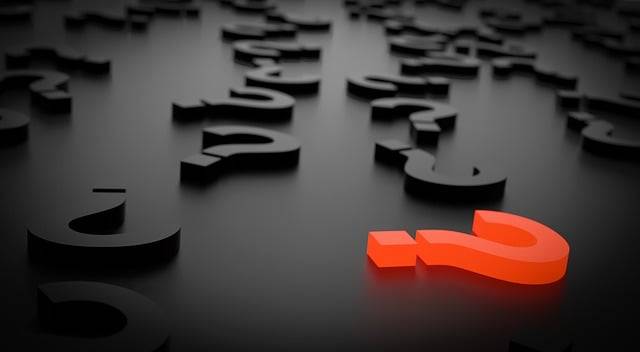
Selecting the right automated bidding strategy is crucial to achieving success in your PPC campaigns. With a myriad of smart bidding strategies available, it’s important to understand the differences between them and how they can best serve your specific objectives.
In the following section, we will scrutinize diverse smart bidding strategies and provide pointers for succeeding with your selected strategy.
Smart Bidding Strategies
Smart bidding strategies available in Google Ads include maximize conversions, target cost per acquisition (TCPA), and target return on advertising spend (TROAS). Each of these strategies has its own unique set of benefits and considerations, so it’s essential to choose the one that best aligns with your campaign goals and objectives.
Maximize conversions, for example, is designed to drive as many conversions as possible within your set budget. Target CPA, on the other hand, focuses on achieving a specific cost per acquisition goal, while target ROAS aims to optimize campaigns for the highest possible return on advertising spend.
Comprehending the subtleties of each strategy will enable you to make informed choices about which one aligns best with your particular requirements.
Tips for Success
Following key best practices is essential to ensure success with your chosen automated bidding strategy. For starters, make sure to set realistic targets based on reliable conversion data and well-defined business objectives. This will provide a solid foundation for your automated bidding strategy to build upon.
Monitoring performance is equally important, as it allows you to make necessary adjustments and optimize your campaigns for even better results. By keeping a close eye on metrics such as target impression share, you can ensure that your campaigns are on track to achieve their goals and make the most of automated bidding.
Balancing Human Expertise and Machine Learning
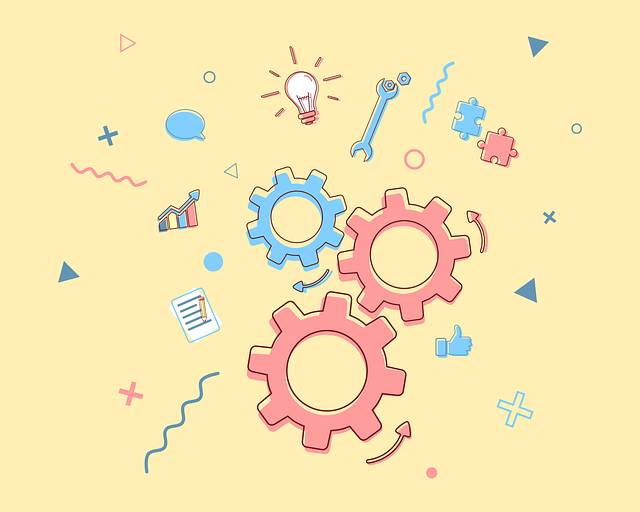
In PPC automation, achieving a balance between human expertise and machine learning is key to obtaining optimal results. While machines excel at handling data analysis and optimization, human experts are invaluable for providing strategic guidance and oversight.
In the following section, we’ll discuss the significance of maintaining a balance between human expertise and machine learning in PPC campaigns and how it can help you reach superior outcomes.
The Role of Human Expertise

Human expertise plays a critical role in guiding PPC strategy, making necessary modifications, and assessing performance. By understanding the business objectives, selecting the appropriate bidding strategy, and interpreting the data, human experts can optimize the bidding process to achieve the best possible results.
Automated bidding algorithms leverage machine learning and real-time data to adjust bids, while human expertise ensures that the bidding is in line with the overall marketing strategy and can adapt to changing market conditions. This combination of human expertise and machine learning is essential for achieving success in PPC campaigns.
Collaboration Between Humans and Machines
By leveraging the strengths of both humans and machines in PPC campaigns, advertisers can achieve the best of both worlds. Machines can handle the complex task of data analysis and optimization, while humans provide strategic direction and supervision.
For example, human experts can identify potential issues with conversion tracking, ad creatives, or negative keywords that machines may not recognize. In addition, humans can provide valuable insights into the target audience, helping to refine automated targeting and improve overall campaign performance.
A collaborative approach between humans and machines can yield better results and elevate your PPC campaigns to unprecedented levels.
Summary
In conclusion, balancing human expertise and machine learning in PPC campaigns is essential for achieving optimal results. By leveraging the power of automated bidding strategies, while also incorporating human guidance and oversight, advertisers can unlock the full potential of their campaigns. So take the leap and embrace the synergy between humans and machines to revolutionize your PPC campaigns and reach new heights of success.
Frequently Asked Questions
Will PPC be automated?
PPC automation is certainly possible, as evidenced by the variety of strategies and tools available to marketers. Automation can be used for bidding, control delegation and A/B testing.
What is PPC automation?
PPC automation is the process of using software to optimize PPC campaigns and control them through robotic process automation and computer algorithms, providing marketers with a time-efficient way to manage their Google Ads.
What are the benefits of using automated bidding?
Automated bidding reduces the need for manual guesswork and human error, enabling you to rely on advanced algorithms and machine learning to make data-driven bidding decisions.
This can help you maximize your conversions, clicks, impressions, or revenue and take the heavy lifting out of setting bids to meet performance goals.
When should I trust automated bidding strategies?
When you have reliable conversion data, clear business goals and sufficient campaign data, trust automated bidding strategies to help make accurate predictions and adjustments.
What are some potential drawbacks of automated bidding?
Automated bidding can lead to overreliance on machines, loss of human expertise, and an inability to react to sudden market changes, all of which could have detrimental effects.


